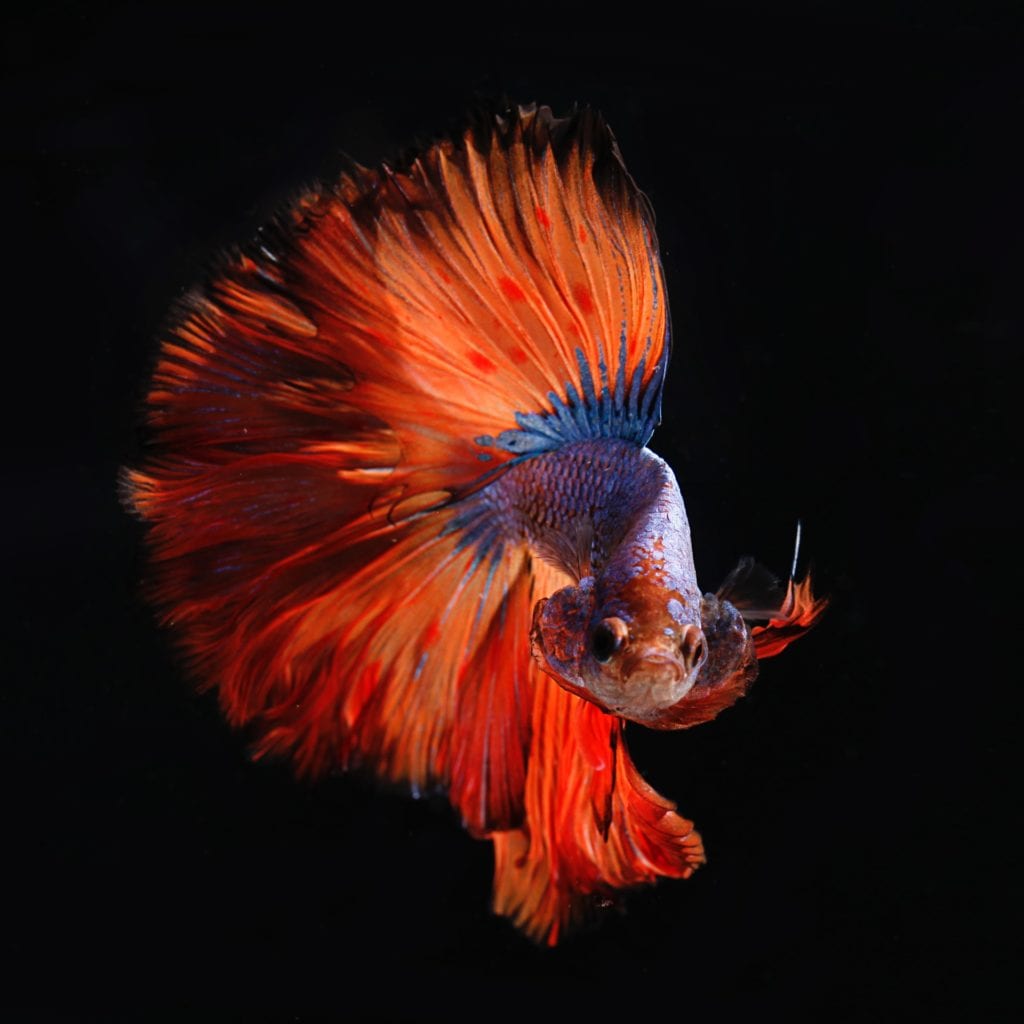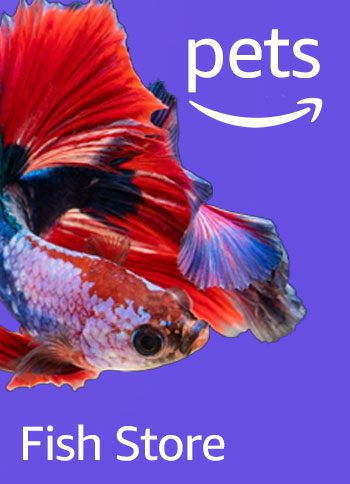When feeding your Betta fish, it’s important to stick to a schedule. That way your fish can know when to expect to be fed and be given the proper time for digestion.
Overfeeding is one common mistake that many rookie fish owners make. It makes the fish bloated, which causes them to eliminate very fast. As a result, a complete tank cleaning may be in order afterward.
Betta fish can go for an average of 10 days without food. However, this should only happen if necessary, in extreme survival situations. Some owners do fast their fish every 10 days or so to ensure they’re not overfed. But missing too many feedings is very hard on their organs and they can starve to death.
Long-Term Feeding Options
If an owner’s going to be gone for more than two days, they should ask a friend or neighbor to come and feed the fish. If that’s not an option, an owner can invest in a mechanical feeder which dispenses the food at preset times. However, mechanical feeders can only last so long. They also often have issues with getting clogged, etc., so it should be tested before leaving.
They’re not recommended, but feeding blocks are another option for feeding your Betta fish. They work by gradually breaking down to release the food. However, they tend to dirty up the water very quickly, which can lead to the risk of ammonia, etc.
What Do Betta Fish Like to Eat?
What do Betta fish eat? This is one of the first questions new owners almost always have in mind. And the short answer is that Bettas are carnivores. In the wild, they hunt larvae, worms, crustaceans and smaller fish.
But Betta fish are opportunistic feeders, which means that they may eat things new owners may not necessarily expect. That’s good in that it means that Bettas aren’t picky eaters; however, it can also lead to some weird ideas of what should be in the Betta’s diet.
If the fish acts disinterested in the food at any time during their regular schedule, it probably gobbled up something inedible when the owner wasn’t looking.
To prevent digestive issues, owners should ensure that the food is made specifically for Bettas.
Because they are carnivores, Betta fish food pellets often contain ingredients such as bloodworms, shrimp, mosquito larvae, etc., and is available in dried, frozen and even live forms.
Some dried pellets expand when they absorb water. As a result, they should be tested and possibly presoaked before being given to the fish. Frozen foods should always be thawed first, otherwise they can stress the fish.
Live and frozen foods have the most nutritional value so they are the most favored by experienced owners. However, they’re often very rich so it’s recommended for novice owners to wait before trying them.
Three pellets is the recommended serving amount. Most Bettas can eat that in about two minutes, but it’s recommended for owners to observe their fish to gauge how much they can take.



